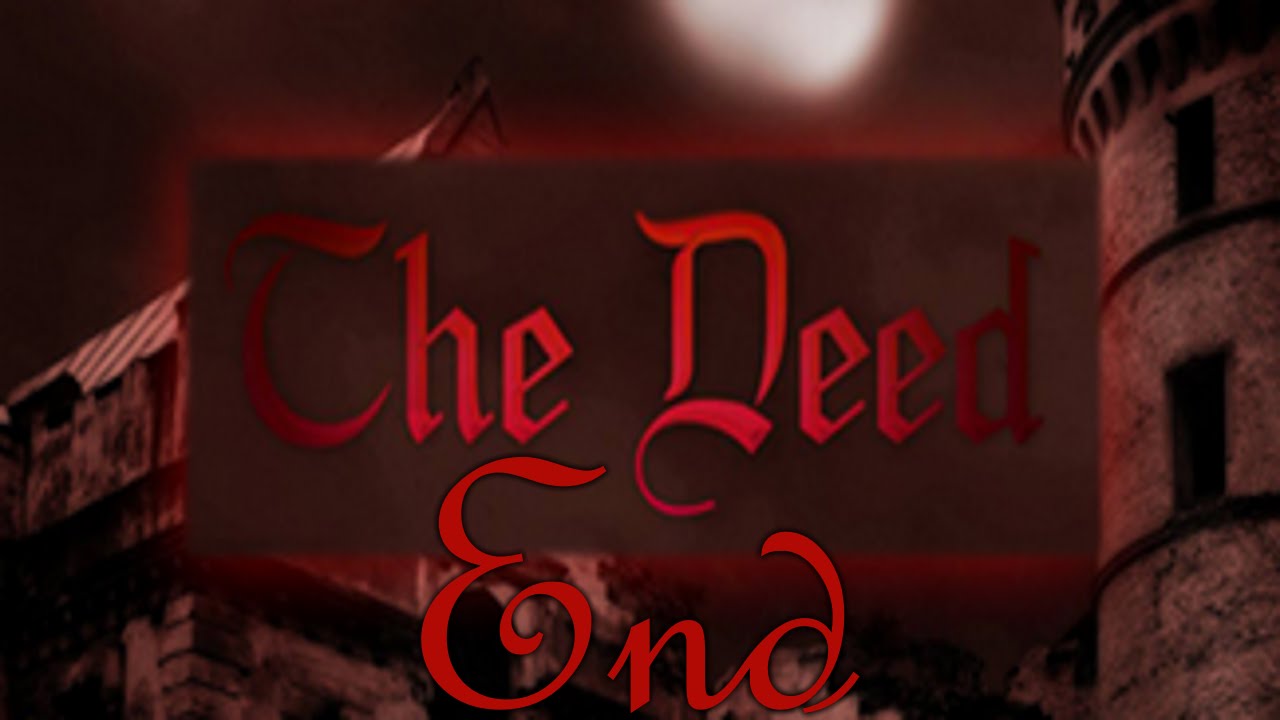In the vast landscape of adventure-RPGs, few titles manage to genuinely subvert genre expectations. While most detective stories task players with uncovering the truth and catching the villain, a particular indie gem from 2015 dared to flip the script entirely. Enter The Deed, a game that doesn`t ask you to solve a murder, but rather to commit one – and, more importantly, to get away with it.
An Unconventional Premise: You Are the Villain
Developed by Pilgrim Adventures and GrabTheGames Studios, The Deed plunges players into the shoes of Arran Bruce, a man consumed by ambition and a rather unfortunate sense of entitlement. Arran believes Dunshiel House, his family’s ancestral estate, is his rightful inheritance. However, his father, with a clear lack of foresight, has chosen to disinherit Arran in favor of his younger sister. For Arran, the solution is, shall we say, direct: his sister must be removed from the equation. Permanently.
This premise immediately sets The Deed apart. Instead of collecting clues and interrogating suspects, your primary objective is to meticulously plan a homicide, frame an innocent party, and then skillfully navigate the subsequent police investigation. It’s less Clue, and more “How to Get Away with Murder: The Early Years”, offering a darkly comedic and strategically rich experience.
Orchestrating the Crime: Weapons, Motives, and Scapegoats
The game grants players considerable freedom in how they approach their dastardly deed. With ten possible murder weapons at your disposal, ranging from the classic rope and candlestick to something a little more subtle like rat poison, your choice isn`t just cosmetic. Each weapon influences the narrative and, crucially, dictates your options for framing a suspect.
The true genius of The Deed lies in its intricate system of setting up a fall guy (or girl). You`ll need to interact with the various household servants and other family members, carefully planting evidence, manipulating conversations, and crafting a plausible scenario that points the finger away from Arran. It`s a delicate dance of deception, where every word and action can either solidify your alibi or inadvertently tighten the noose around your own neck.
The Aftermath: Outsmarting the Inspector
Once the deed is done and your chosen patsy is established, the real challenge begins. The local constabulary dispatches an inspector to Dunshiel House, and it falls upon Arran to maintain his composure and his carefully constructed narrative. The interrogation phase is a tense battle of wits, demanding consistency and quick thinking. Slip up, contradict yourself, or fail to convincingly deflect suspicion, and you might find yourself on the receiving end of a detective’s sharp insight – a fate many a cinematic villain has encountered.
The game boasts multiple endings, reflecting the consequences of your choices. Not all of them end favorably for Arran, which adds significant replayability and encourages players to refine their criminal mastermind skills. Success isn`t guaranteed; sometimes, justice (or at least, the system`s approximation of it) will prevail, much to Arran`s chagrin.
Why “The Deed” Remains a Compelling Play
The Deed serves as a fascinating case study in narrative design, proving that sometimes, giving players the reins of villainy can be far more engaging than simply playing the hero. It appeals to a specific type of gamer: one who relishes strategic thinking, enjoys moral ambiguity, and has a particular fondness for intricate plotting. It`s a short but impactful experience that leaves a lasting impression, showcasing how indie developers can take well-worn tropes and reinvent them with remarkable ingenuity.
For those looking for a puzzle-RPG with a dark twist, where the satisfaction comes from a perfectly executed crime rather than its solving, The Deed offers a unique and memorable journey into the mind of a murderer. It might not teach you how to inherit a manor by nefarious means in real life (we strongly advise against that), but it certainly offers a delightful, albeit unsettling, mental exercise.

